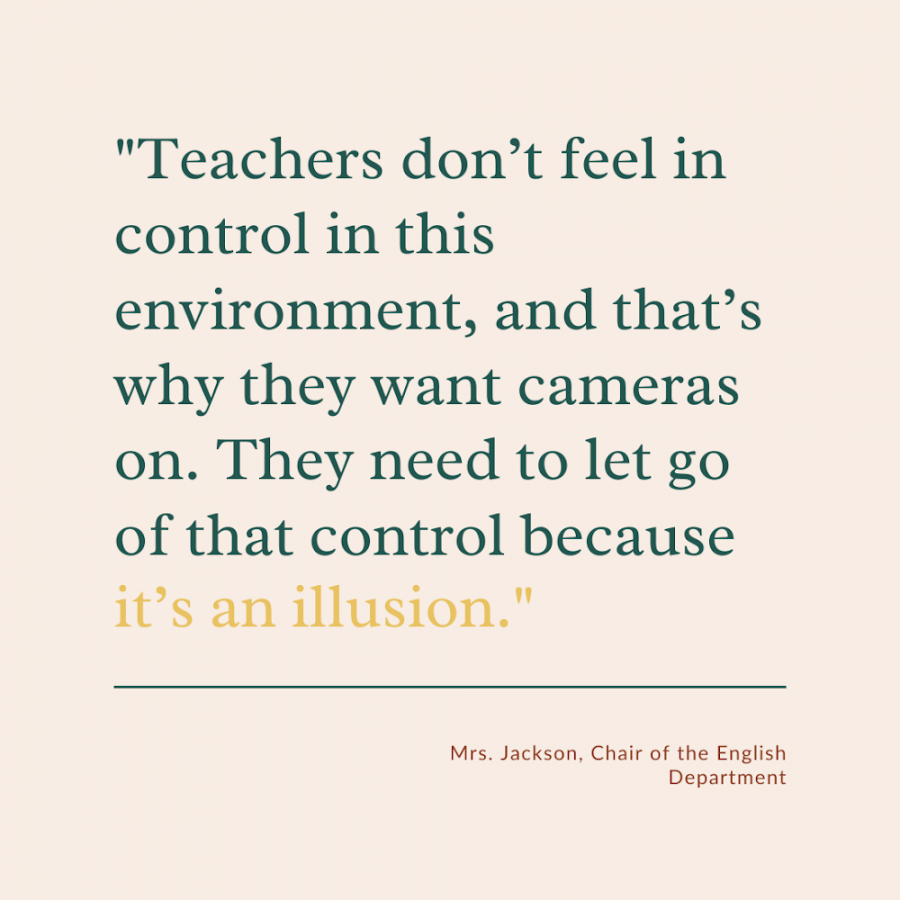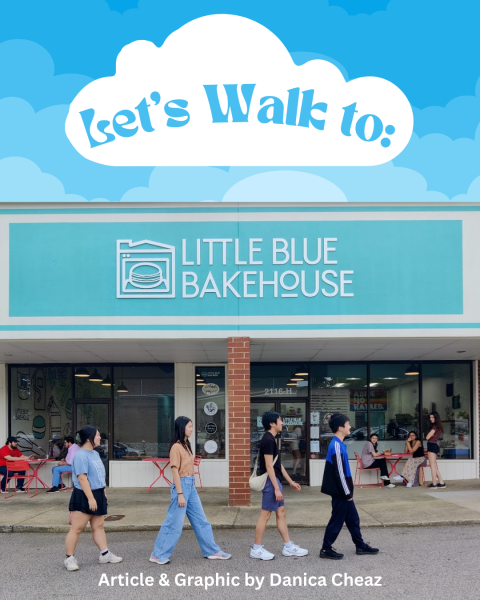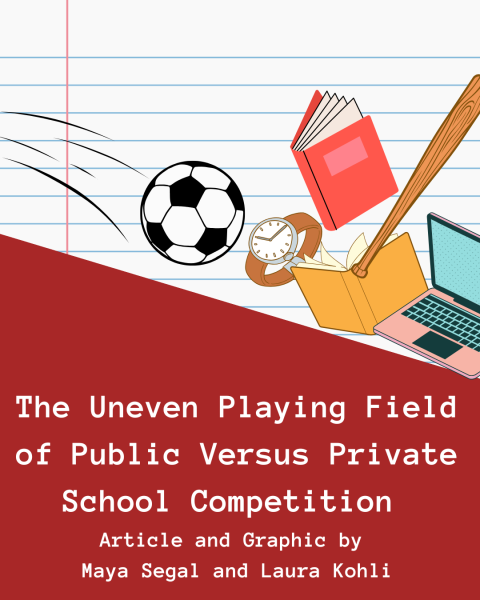CAMERA CROSSFIRE: You Don’t Want to See That, and Neither Do your Teachers
Last year, whether or not you wanted to, you could not turn your face off as you walked into school. Now, even if online school feels restricted, we have new freedoms: fewer extracurriculars, no more long bus rides home, and most importantly, webcams.
It’s a matter of privacy. You wouldn’t want 20 other students inspecting your Rubik’s cube collection while you’re trying to sit down and read about Native Americans, or at the very least there should be a choice in the matter. Most teachers would beg to differ, expecting students to engage and have this proof of participation. In an interview with Mrs. Jackson, Enloe’s English department chair, she critiqued this way of thinking as “a control thing. Teachers don’t feel in control in this environment, and that’s why they want cameras on. They need to let go of that control, because it’s an illusion.”
In her own classroom, Mrs. Jackson makes sure to tell students that their camera is their choice because she can understand where students are coming from. “If I had to have my computer over a little more to the left, I would not want my computer on, because it’s not appropriate for people to see my bed, you know?” she says. “It’s just a weird relationship… I’m not inviting you into my home, I have to be here for school!”
If there’s a camera requirement, Gen Z will find a way to make their frame covered in bubbles or a fisheye lens, which (however entertaining it may be) can cause a distraction to a class environment. We all miss seeing our friends, but what about that one guy who’s cooking eggs, or that one girl who’s on the treadmill? You don’t want to see that, and neither do your teachers. It’s already challenging to focus in the new age of online school; we don’t need a camera requirement to make it tougher.
But it’s more than an issue of distraction. Students deserve a say in what makes them comfortable enough to continue work. As teenagers, we’re inevitably rampant with self-consciousness, and adding to the anxiety of an entirely new way of learning with demands we’re not comfortable with is close-minded. According to senior Ethan Kahn, “It feels awkward to leave it on, and I feel more relaxed when it’s off. With it on, I’m afraid that everyone is scrutinizing and judging everything I do.” This is a sentiment that many students share. There is a firm line between school and our personal lives, and learning at home doesn’t change that.
Students deserve some degree of leeway this school year because, like it or not, everything is changing every day. As Mrs. Jackson points out: “As uncomfortable as it might make some teachers feel, I think the cost of compromising students’ security, and self-esteem, and privacy, and all kinds of things are worth allowing them that control over the space.” It’s a new kind of learning and we’re still adjusting. Why shouldn’t we feel at ease while we’re here?











